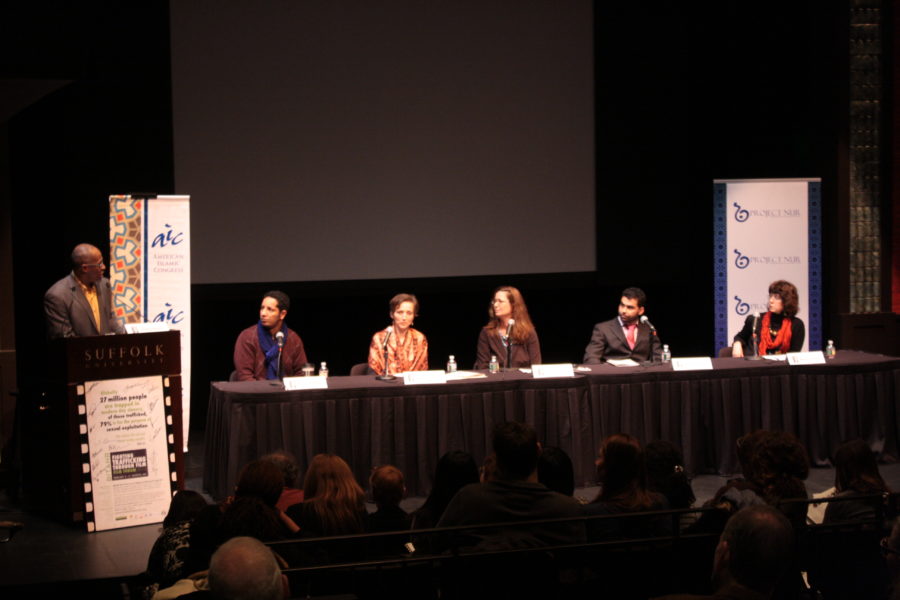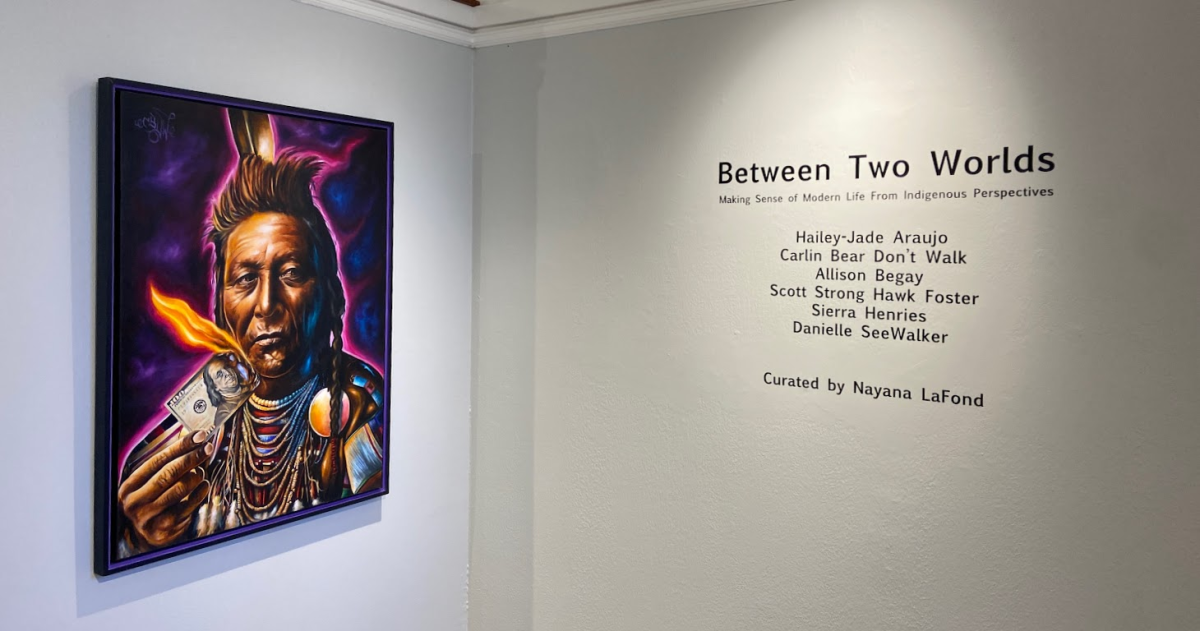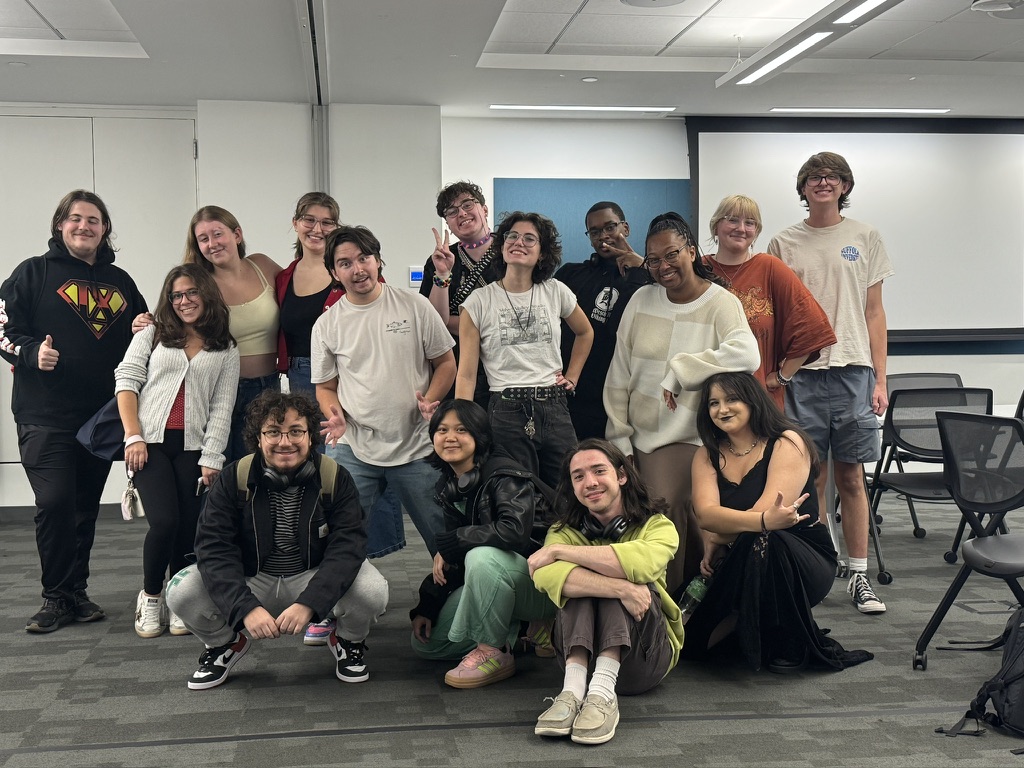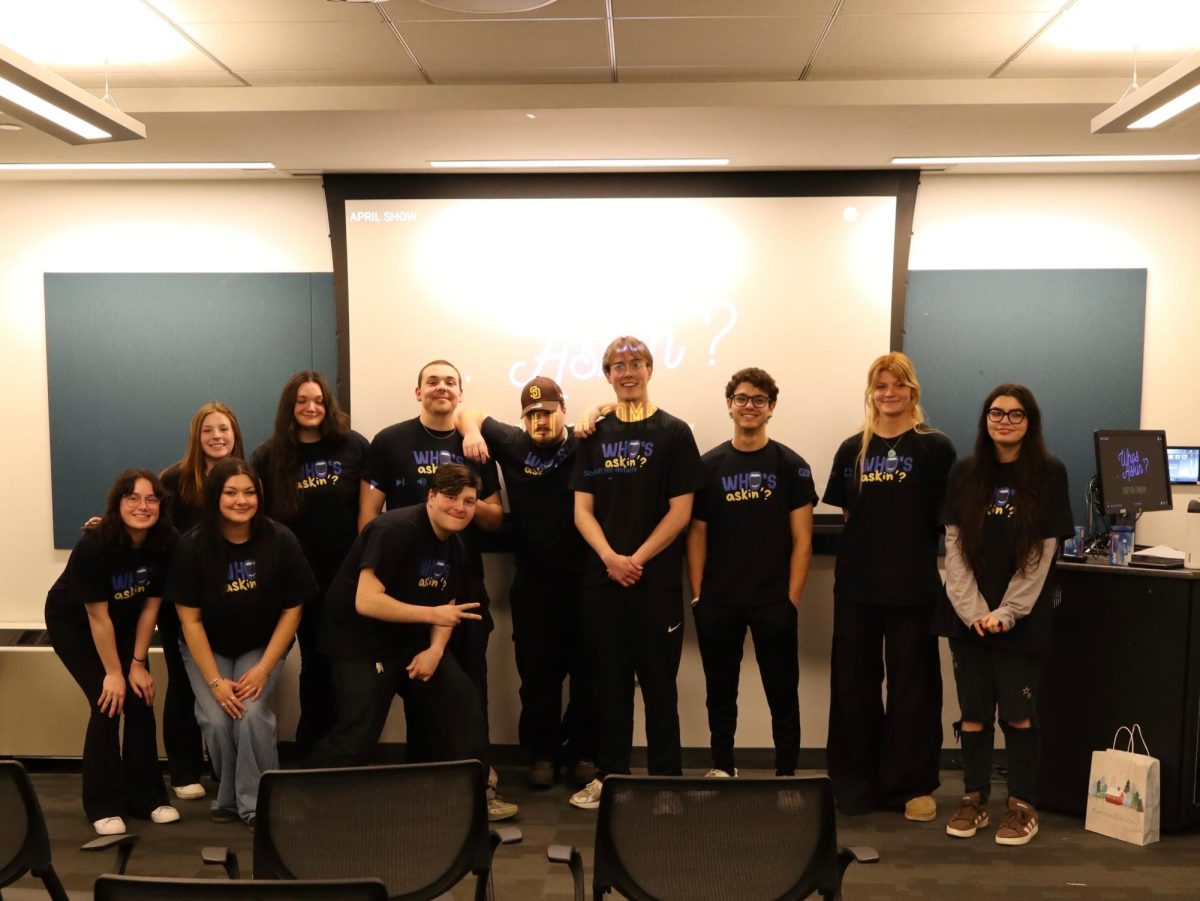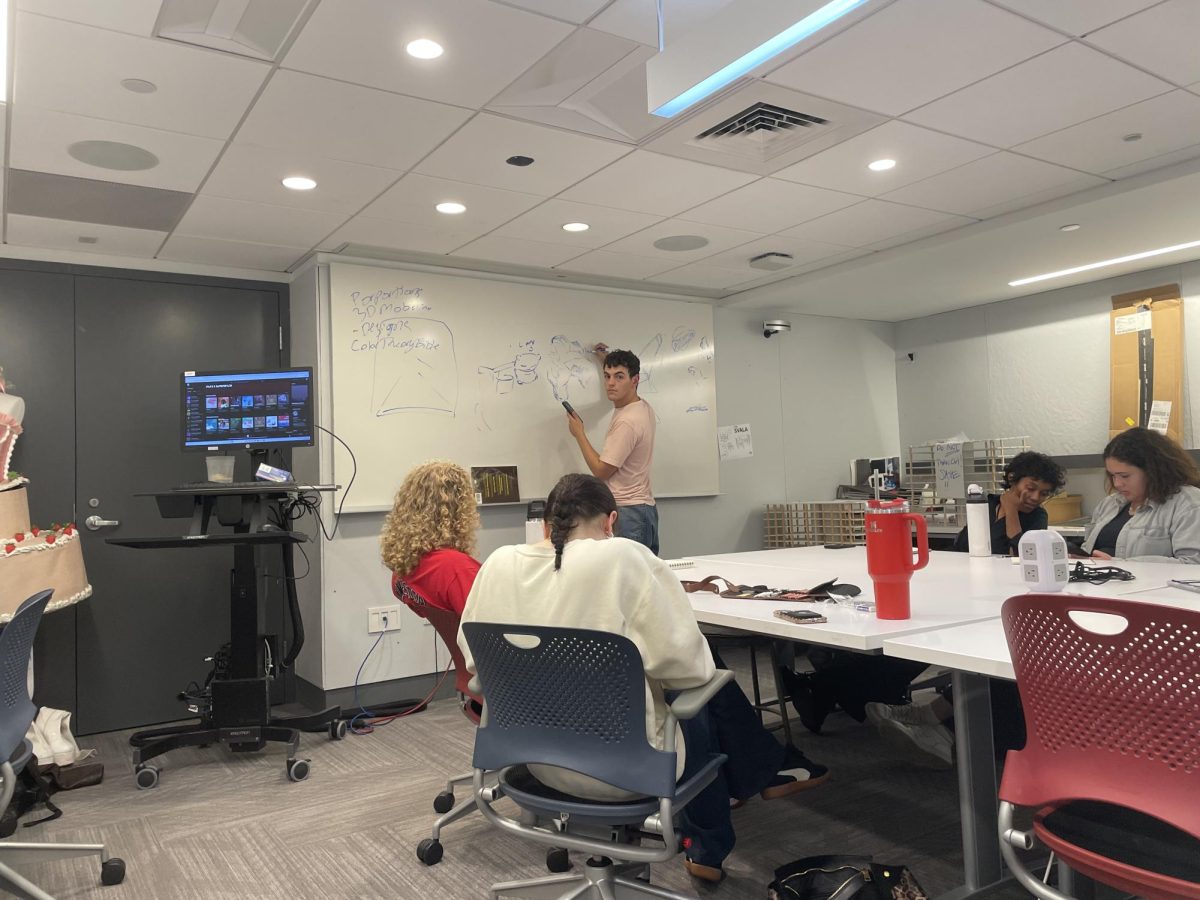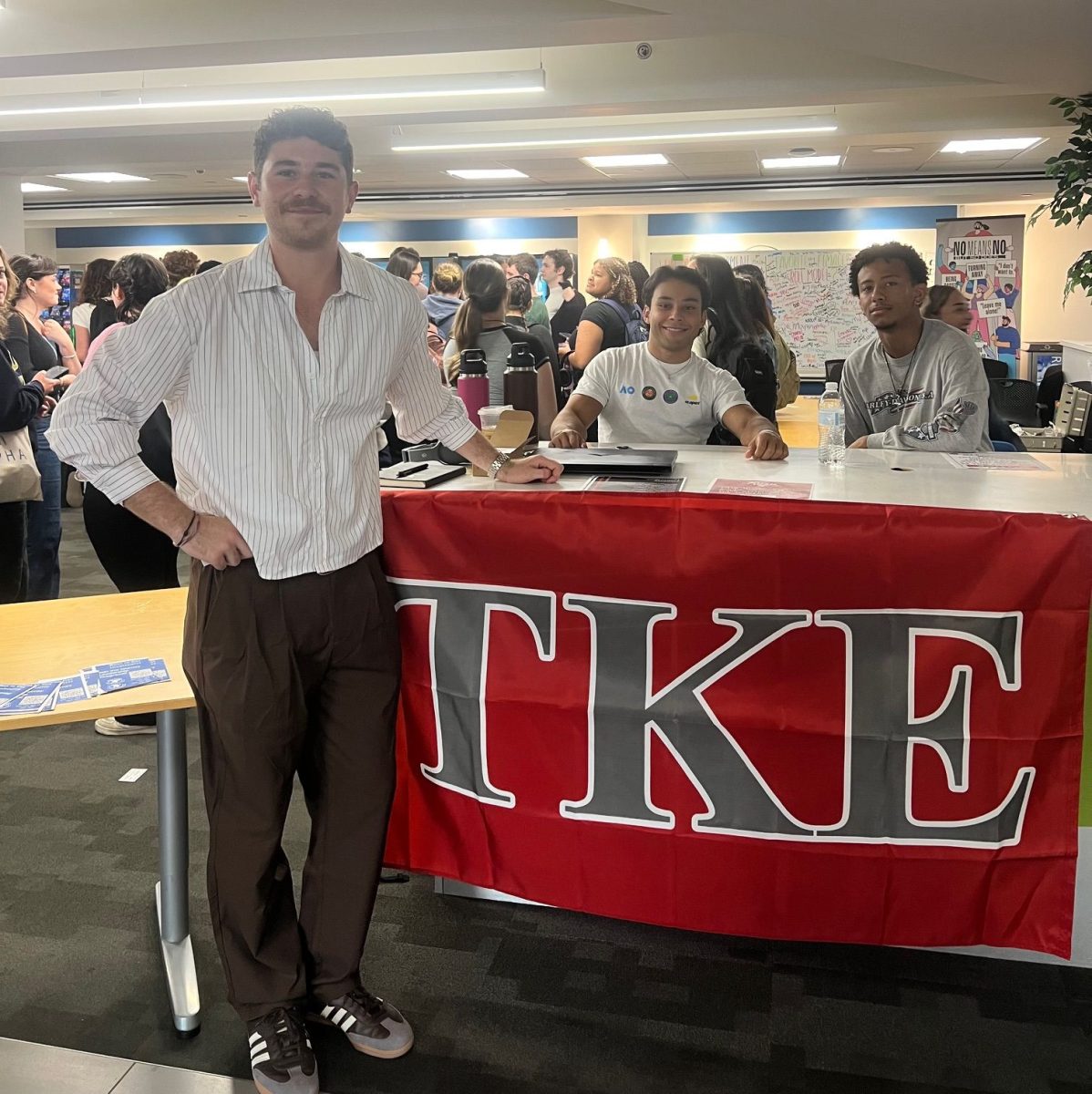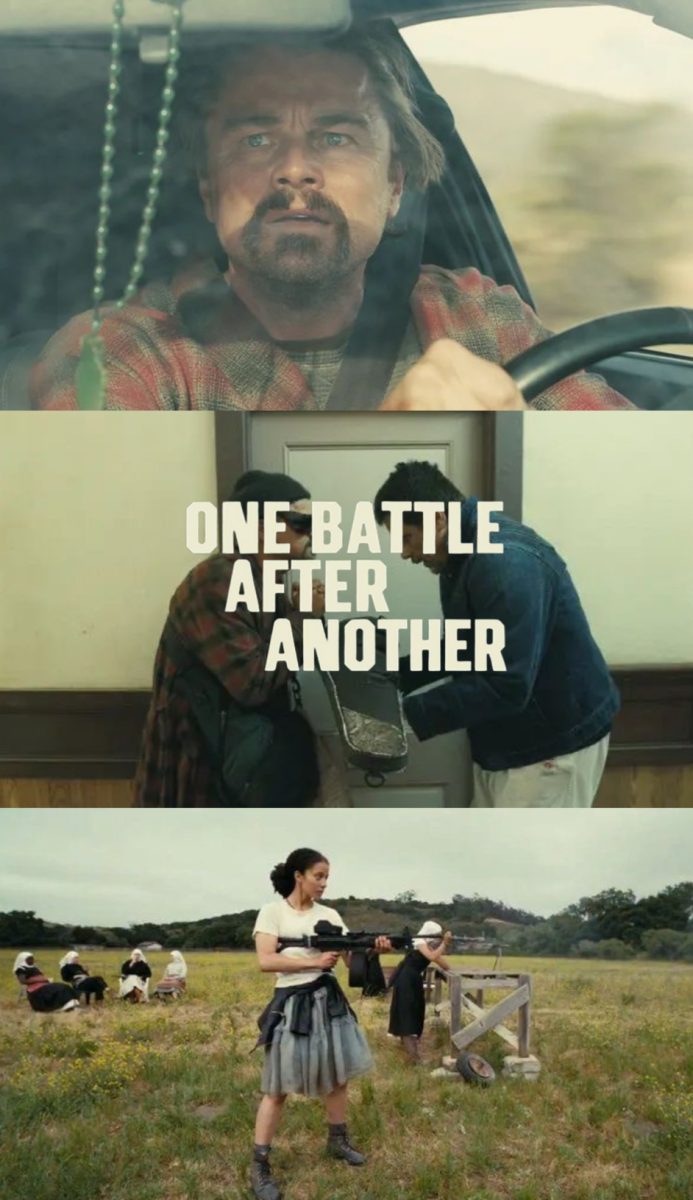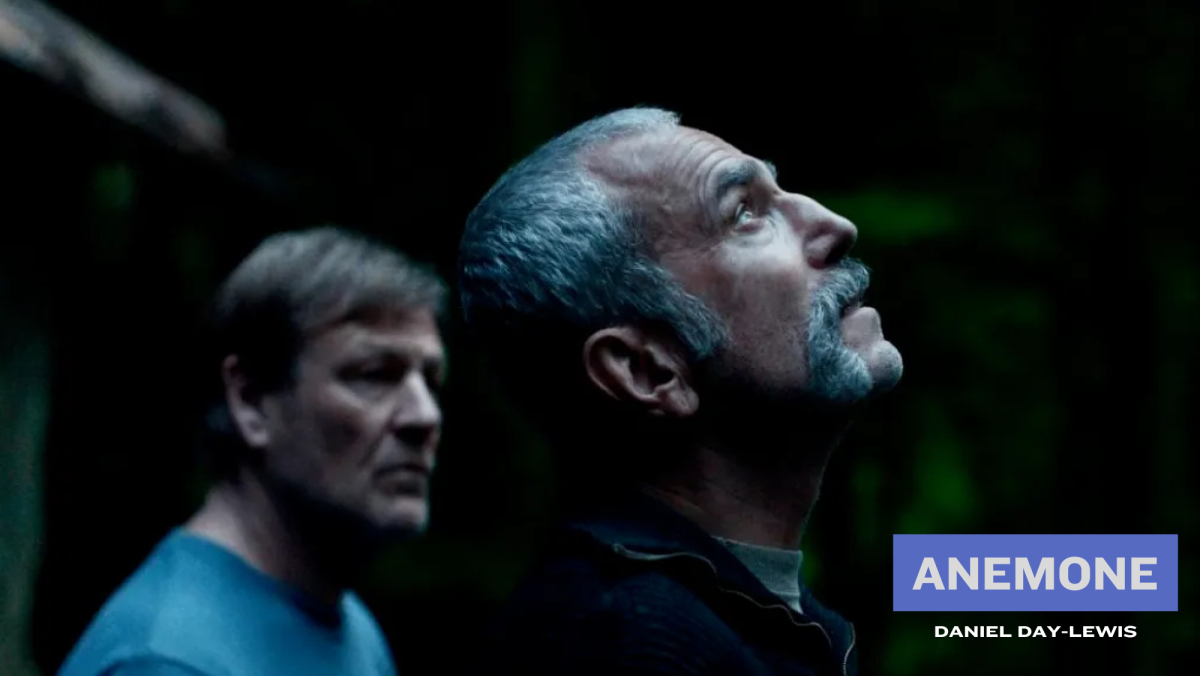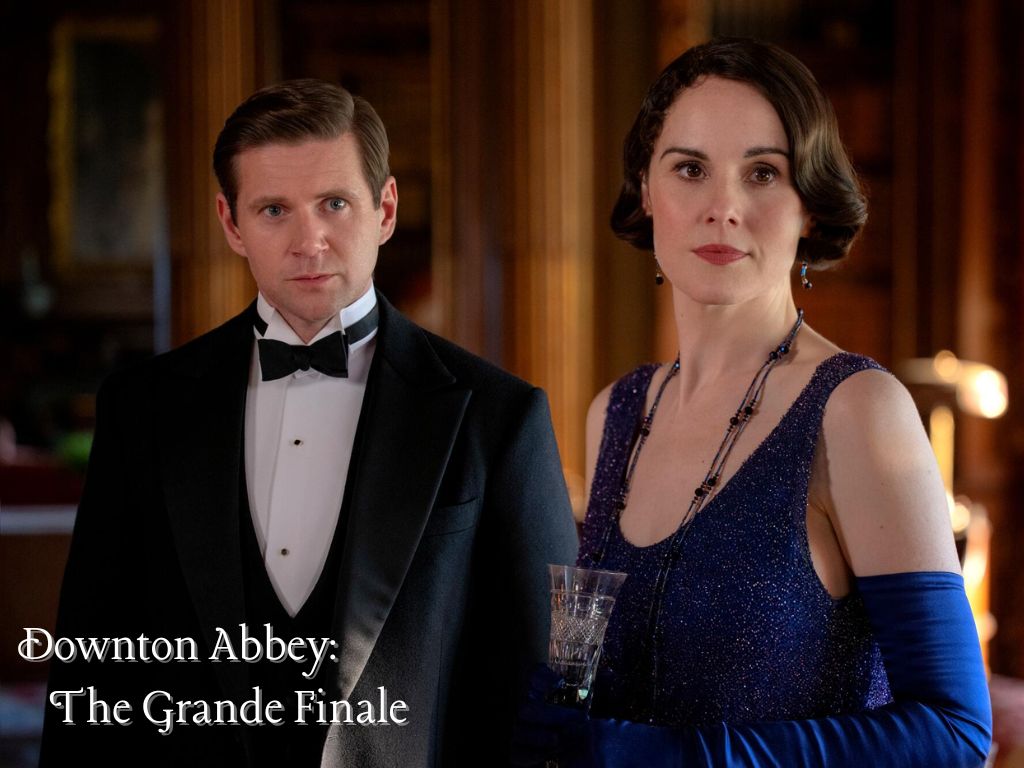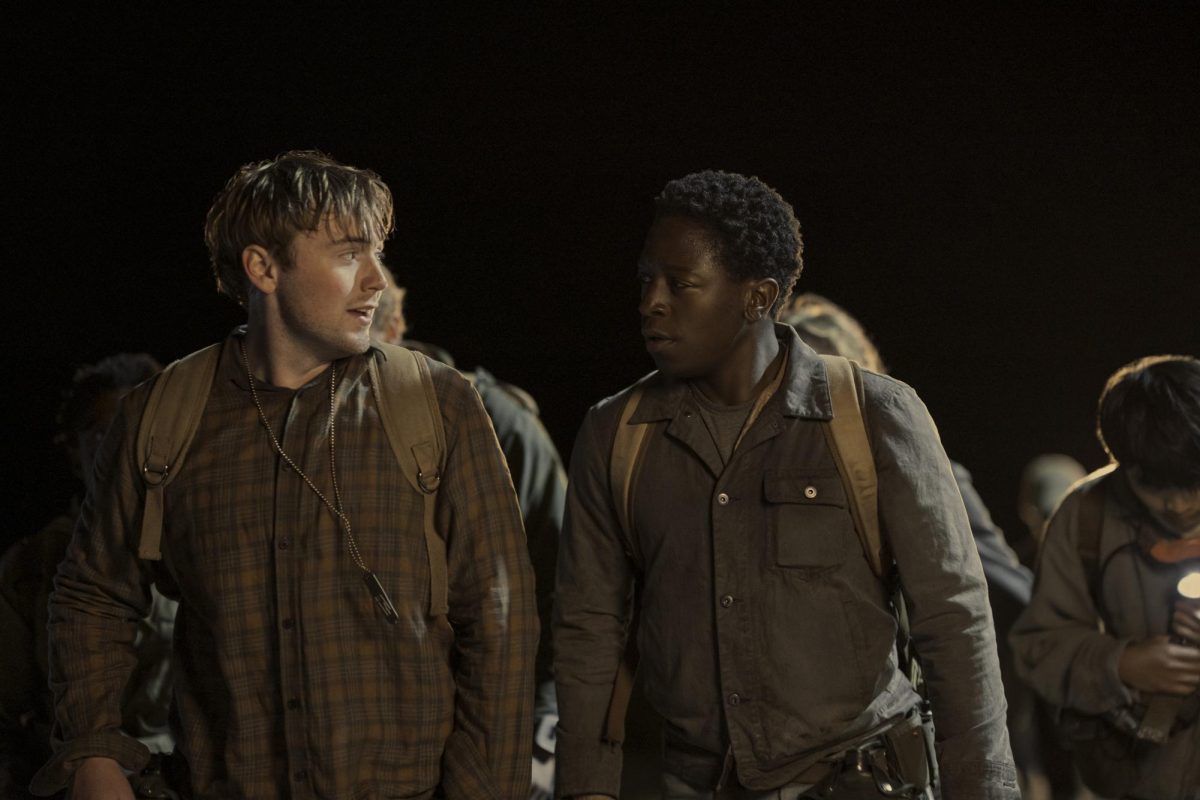Alexa Barrios Journal Staff
Globally, 27 million people are trapped in modern day slavery, according to the Boston Initiative to Advance Human Rights (BITAHR). Of those trafficked, 79 percent are sexually exploited.
Suffolk’s Modern Theatre was a full house Saturday afternoon as Najibullah Quraishi’s film, Dancing Boys of Afghanistan, was featured as part of BITHAR’s 2012 Fighting Trafficking Through Film forum. BITHAR is a group committed to combating the commercial exploitation of people and helping women and children to attain protection and fulfillment of their human rights.
Co-sponsored by Suffolk University Law School, Culture ID and The No Project, the forum featured eight full-length documentaries over the course of three days last week. The other films included Whistleblower, Red Leaves Falling, Price of Sex, Fatal Promises, Very Young Girls, Sacrifice, and Call+Response.
“People don’t want to talk about [sex trafficking],” said Ben Harel, assistant producer of the forum. “We’re trying to teach people what to do next and connect them with stories. If people connect, then they will act.”
Dancing Boys of Afghanistan is about an uncommon form of sex trafficking called bacha bazi, or “boy play,” which is a current issue in Afghanistan. Boys in their early teens are taken off the streets or from poor families, dressed in women’s clothing and forced to dance in front of crowds of men who eventually bid on the boys and then take them home.
“[The Bacha bazi] form of slavery was almost done away with and it’s come back worse than before,” said Jacqueline Zimowski, founder and executive director of the No Human Trafficking awareness-raising foundation. “There is obvious gender bias, and boys just don’t get enough press which makes it harder to get eradicated.”
As stated on their website, the BITAHR film forum was established to address the need for greater public and academic awareness of the Commercial Sexual Exploitation and sex trafficking. The forum uses the power of film and holding a panel of survivors, filmmakers, activists, academics and members of the community in order to develop an understanding and spreading the word on sex trafficking.
“The role of media, as seen, has become very important,” said Phillip Martin, a senior investigative reporter for WGBH Boston public radio, during the discussion panel following the film. “Human trafficking is happening in our midsts, and is becoming even more popular than drug trafficking.”
“Empathy is important, people need to relate to these stories,” said Stefanie Friedhoff, a special projects manager at the Nieman Foundation for Journalism at Harvard University, on getting people involved. “The role of journalism is to create witnesses and providing larger audiences to get the word out.”
After Friday’s showing of The Whistleblower, a movie inspired by real events, Kathryn Bolkovac, the woman on whom the film was based, joined the panel discussion.
“It was inspiring to hear her speak,” said Charmine Poh, a junior at Tufts University. “The movie was harrowing, and I think it’s great that Hollywood actually made a film of this nature.”


